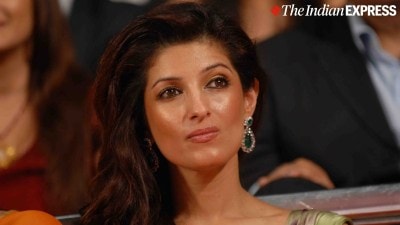Home Is Elsewhere
In this reprint of her 1978 study with a new preface, Ketaki Kushari Dyson presents a remarkable anthology of writings by British men and ...

In this reprint of her 1978 study with a new preface, Ketaki Kushari Dyson presents a remarkable anthology of writings by British men and women in India during the last part of the 18th century and the first half of the 19th, stopping just before the watershed year of 1857.
In her preface, one of the most interesting points Dyson makes is in regard to the Orientalist debate her book was published in the same year as Edward Said8217;s 8220;phenomenon8221; Orientalism. Writes Dyson: 8220;I could not understand why Said was being made into such a cult figure8230;his manic readiness to pass from the particular to the general, to make a big thesis out of it all, a tendency which became a grand universalising passion among his followers. This craze caused havoc in South Asian studies.8221;
Dyson8217;s contention is that the European encounter with the Indian subcontinent was different from the European encounter with the Arab world. She posits that the European discovery of Indian culture caused European thinkers to revise their ideas of the Orient, which until then had been overwhelmingly based on the Semitic civilisations. Whereas, the discovery of the Indo-European family of languages, of Hindu and Buddhist texts, of the secular literature of ancient India were tremendous discoveries for European scholars, which not only changed their intellectual horizon for good, but had a modernising impact.
Given this rational perspective, the pioneering and valuable work of Sir William Jones, Charles Wilkins and such like, who gave India back to Indians while documenting it for themselves, can be honoured without apology. Dyson thus serves an important emotional need in contemporary India among Macaulay8217;s children, to make sense of it all without dishonour.
Knowing how India used the colonist8217;s own tools of education and congregation to free herself, we have, in the 21st century, the historical luxury of time-past.
| A Various Universe By Ketaki Kushari Dyson Oxford University Press Price: Rs 495 |
And so we can laugh at missionary Henry Martyn8217;s dismay when 8220;pundits, soofis and mussulmauns8221; refuse to buy his doctrine, or wryly note the progress made by a stuffy young officer from disgust to delight in watching the 8220;nautch.8221; We learn that 8220;Nickee8221;, the famous dancing girl, performed at a party in Raja Ram Mohun Roy8217;s house.
And we make our own connections: 8220;Freshly fresh and newly new8221;, the bazaar tune in Kipling8217;s polo story The Maltese Cat, was, you realise, a real 19th century air, Taza bu taza, naya bu naya.
- 01
- 02
- 03
- 04
- 05































